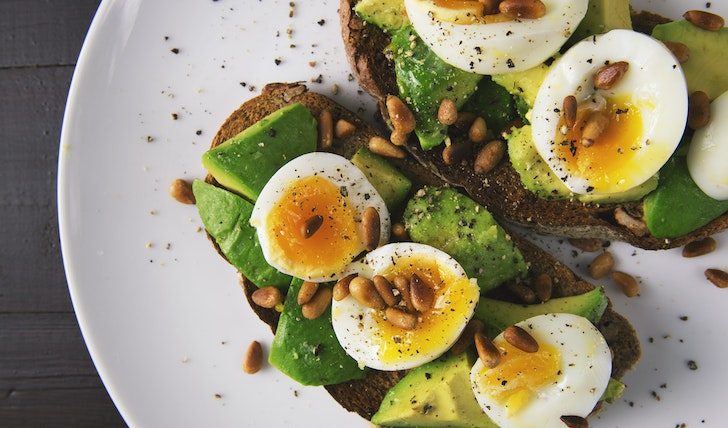The Keto Diet has become increasingly popular in recent years as a result of people seeking healthier, more sustainable ways to lose weight. The ketogenic diet is a low-carb, high-fat diet that involves consuming few carbs and instead focusing on healthy fats, proteins, and other nutrient-rich foods. This dietary plan can help you reach your health goals. But what exactly does it entail?
In this article, we will explore the basics of the Keto Diet and discuss its potential health benefits.

Cats / Pexels | As the Keto Diet is making rounds among wellness enthusiasts, it is becoming a wellness trend.
What Is the Keto Diet?
At its core, the Keto Diet is a dietary program created to put your body into a state called ‘ketosis’. Ketosis occurs when your body is deprived of carbs, and it starts to break down fats as a source of energy. When your body burns fat instead of carbs for fuel, it creates molecules called ketones, which are then used as an energy source by the cells.
To achieve ketosis on the Keto Diet, you must consume a low-carb diet that consists mainly of healthy fats and proteins. It should be noted that this dietary plan does not require eliminating carbs altogether. Rather, it requires reducing them significantly in order to reach the desired state of ketosis.
What Are the Benefits of a Keto Diet?
The primary benefit of following a Keto Diet is weight loss. By consuming fewer carbohydrates and more healthy fats and proteins, you can reduce your body fat percentage. Additionally, research suggests that the Keto Diet may improve other health markers such as improved cholesterol levels and better blood sugar control.

Jill / Pexels | One of the leading health benefits of a Keto Diet is burning calories.
The Keto Diet may also be beneficial for people with certain medical conditions such as epilepsy or diabetes. This dietary plan has been shown to help lower blood sugar levels in individuals with type 2 diabetes and improve seizures in those with epilepsy.
Additionally, some studies suggest that following a ketogenic diet for an extended period of time may reduce risk factors associated with heart disease and stroke.
What Should You Eat When Following a Keto Diet?
When following a Keto Diet, it is important to focus on eating high-quality sources of healthy fats and proteins. Food sources such as fatty fish, nuts and seeds, avocados, and olive oil are great sources of healthy fats.
In addition to eating high-quality foods when following a Keto Diet, it is also important to avoid certain types of processed or sugary foods. Why? Because they can increase your risk for health conditions like heart disease. Examples include sodas and other sugar-sweetened beverages as well as cakes and cookies.

Foodie / Pexels | When following the Keto Dietary Plan, make sure to consume enough proteins and healthy fats.
Quick Sum Up & Recap
The Keto Diet has become increasingly popular in recent years due to its potential health benefits. This dietary plan involves eating a low-carb diet that focuses on healthy fats and proteins in order to reach a state of ketosis. The potential health benefits include:
- Weight loss
- Improved cholesterol levels
- Better blood sugar control
The Keto Diet can be an effective way to lose weight and improve your overall health if done correctly. However, it is always important to consult with a doctor or nutritionist before starting any new diet program. So, you can get tailored advice for your individual needs. Similarly, it is essential to make sure that you are eating enough nutrient-rich foods in order to stay healthy while following this type of dietary plan.















